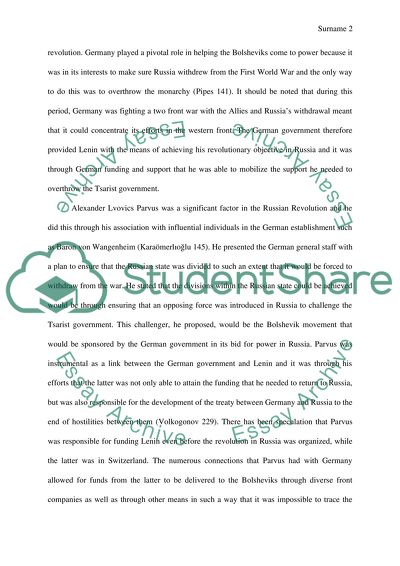Cite this document
(“Lenin Essay Example | Topics and Well Written Essays - 1000 words”, n.d.)
Retrieved from https://studentshare.org/history/1698810-lenin
Retrieved from https://studentshare.org/history/1698810-lenin
(Lenin Essay Example | Topics and Well Written Essays - 1000 Words)
https://studentshare.org/history/1698810-lenin.
https://studentshare.org/history/1698810-lenin.
“Lenin Essay Example | Topics and Well Written Essays - 1000 Words”, n.d. https://studentshare.org/history/1698810-lenin.


